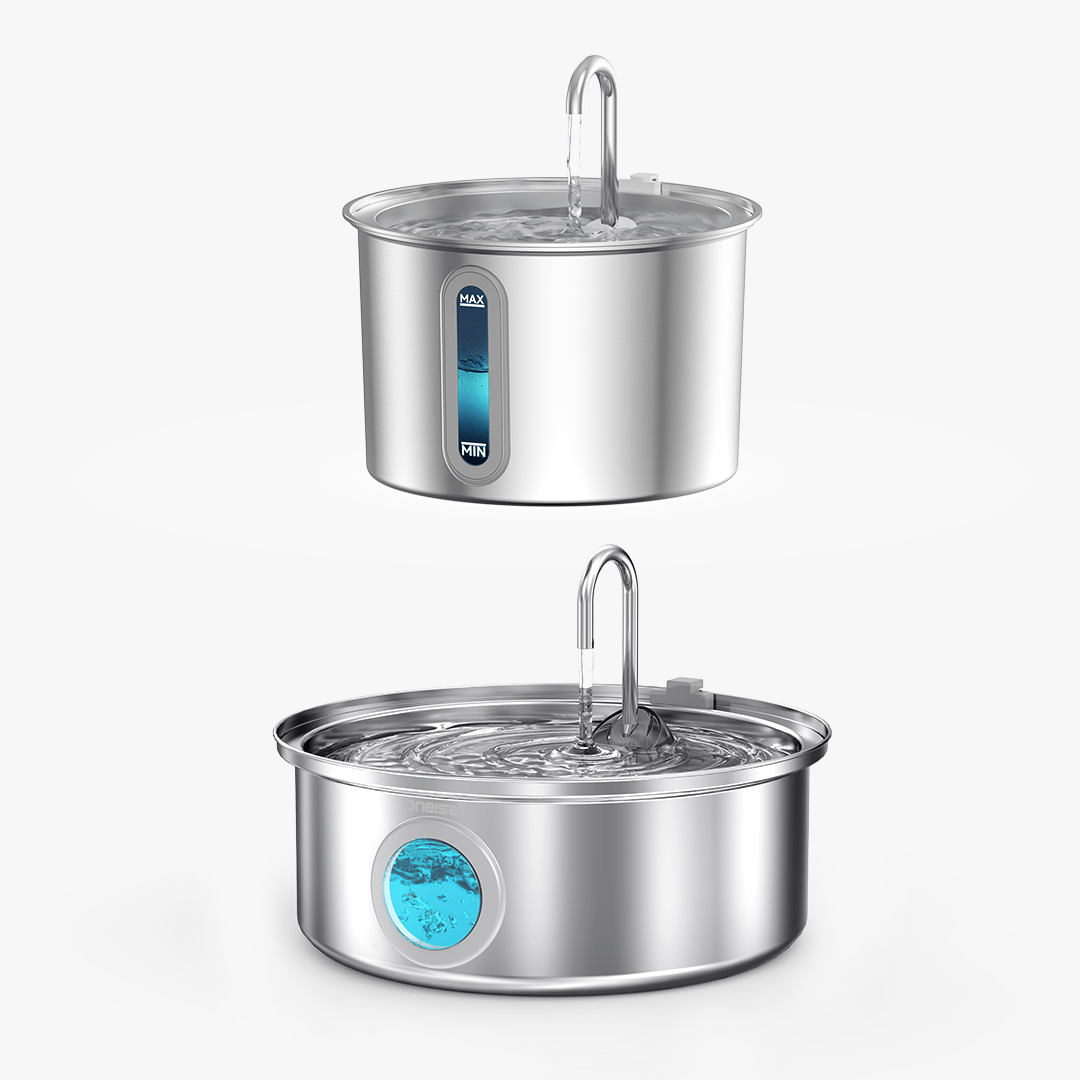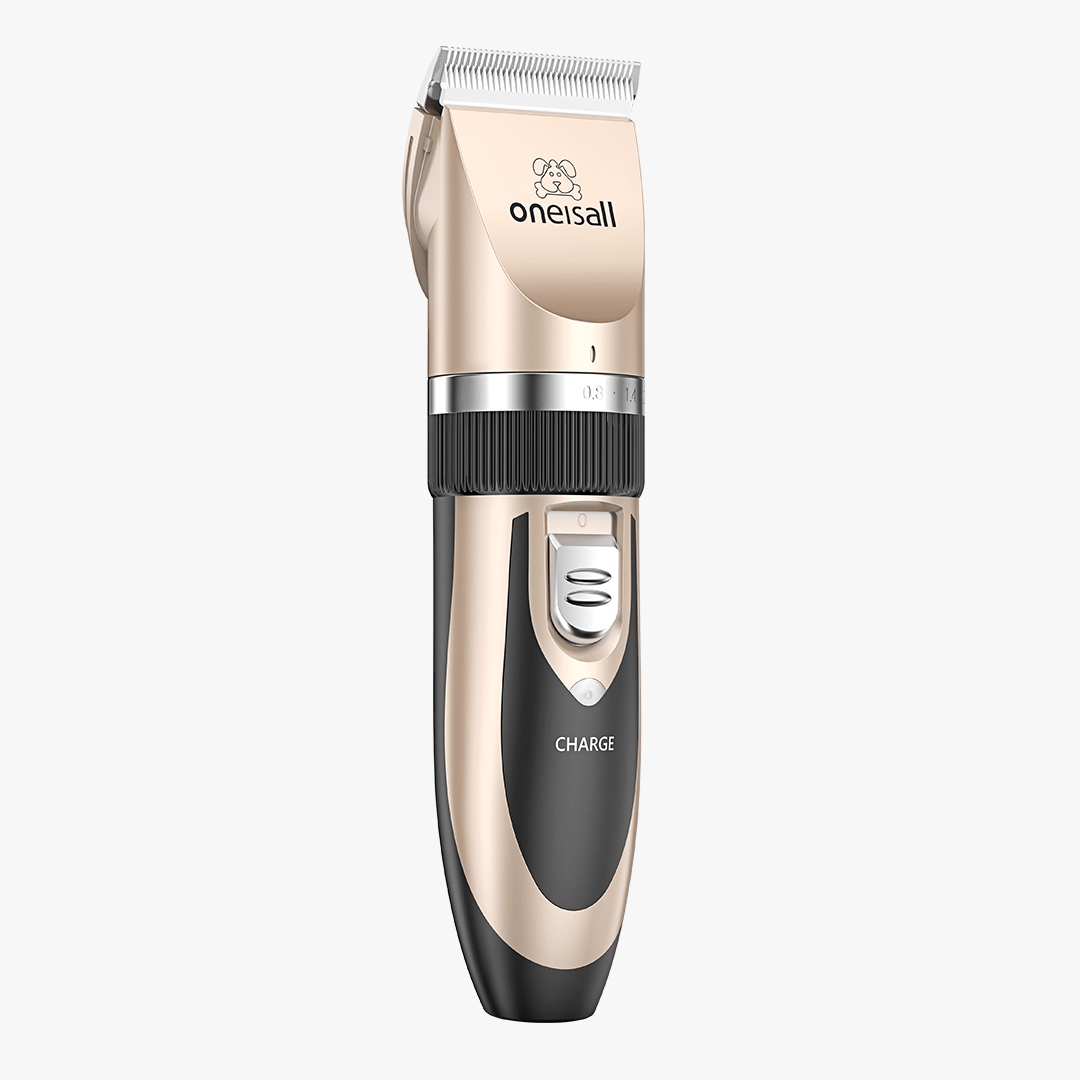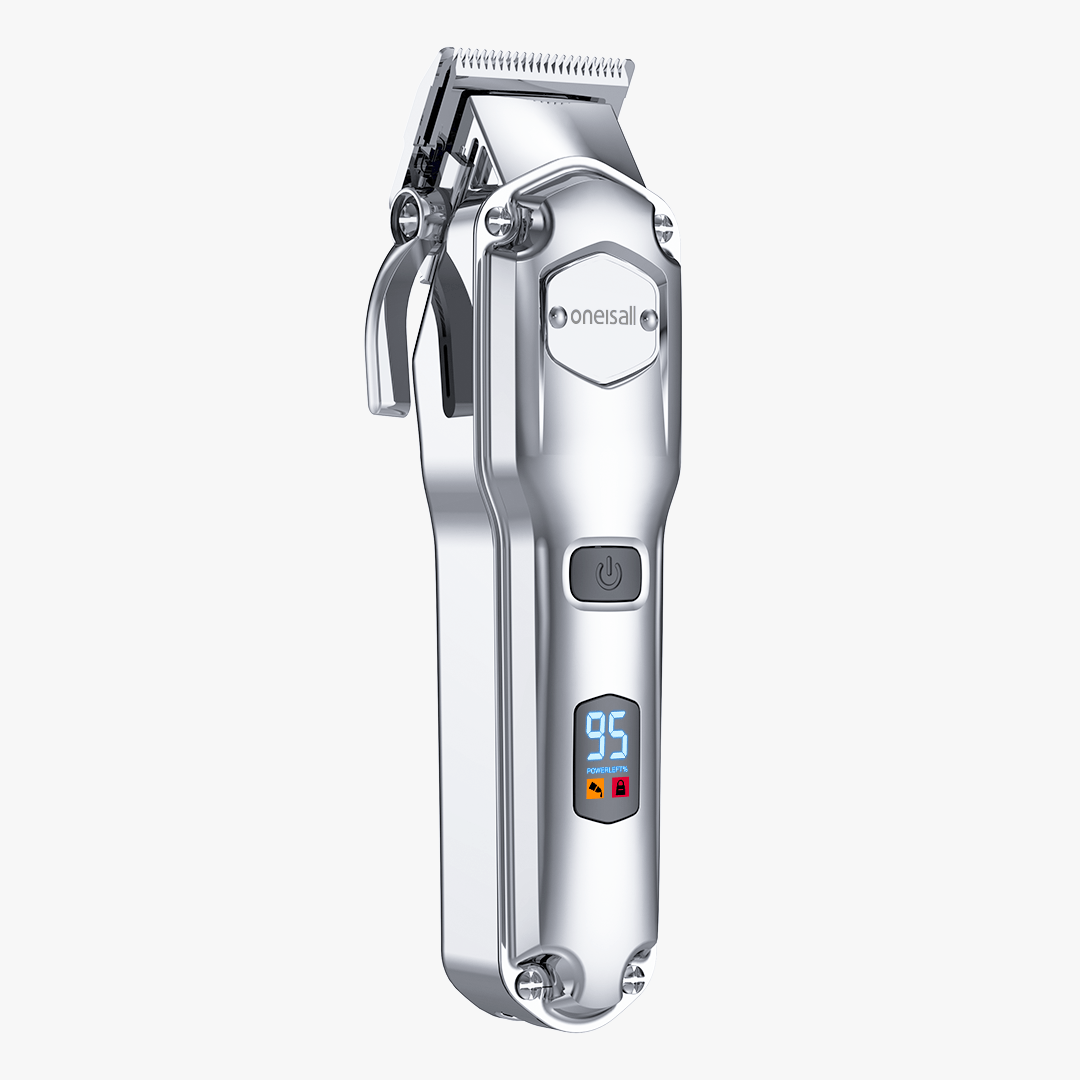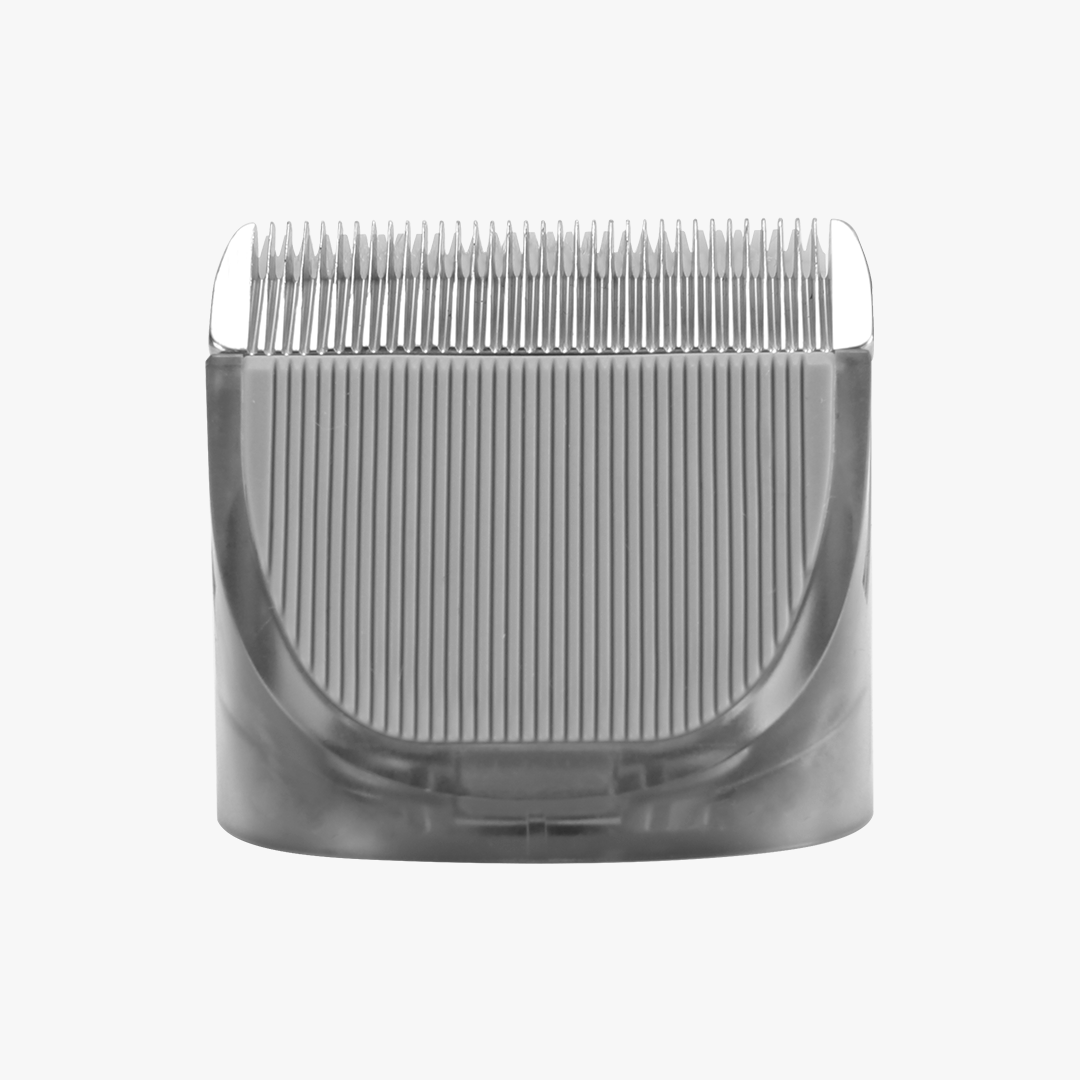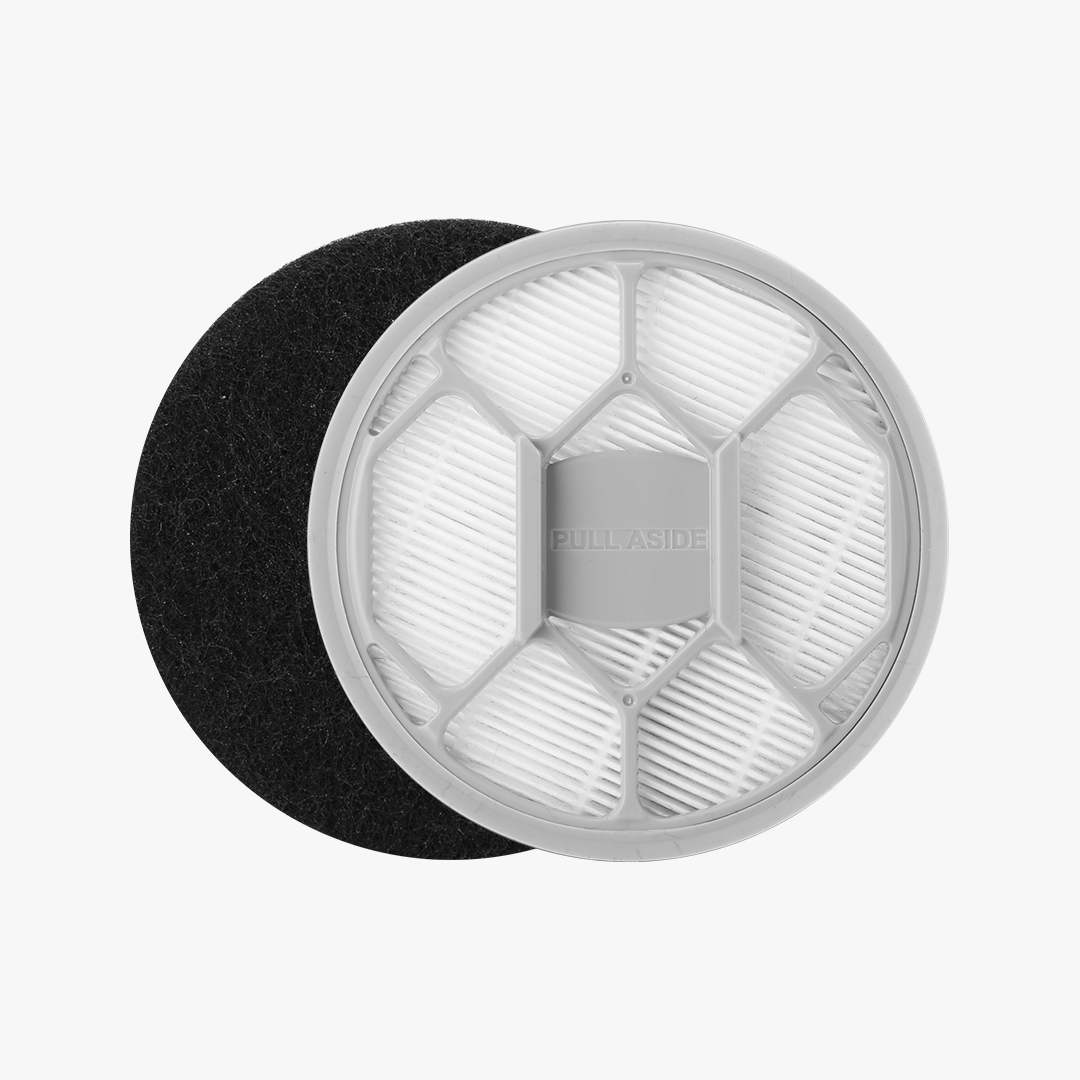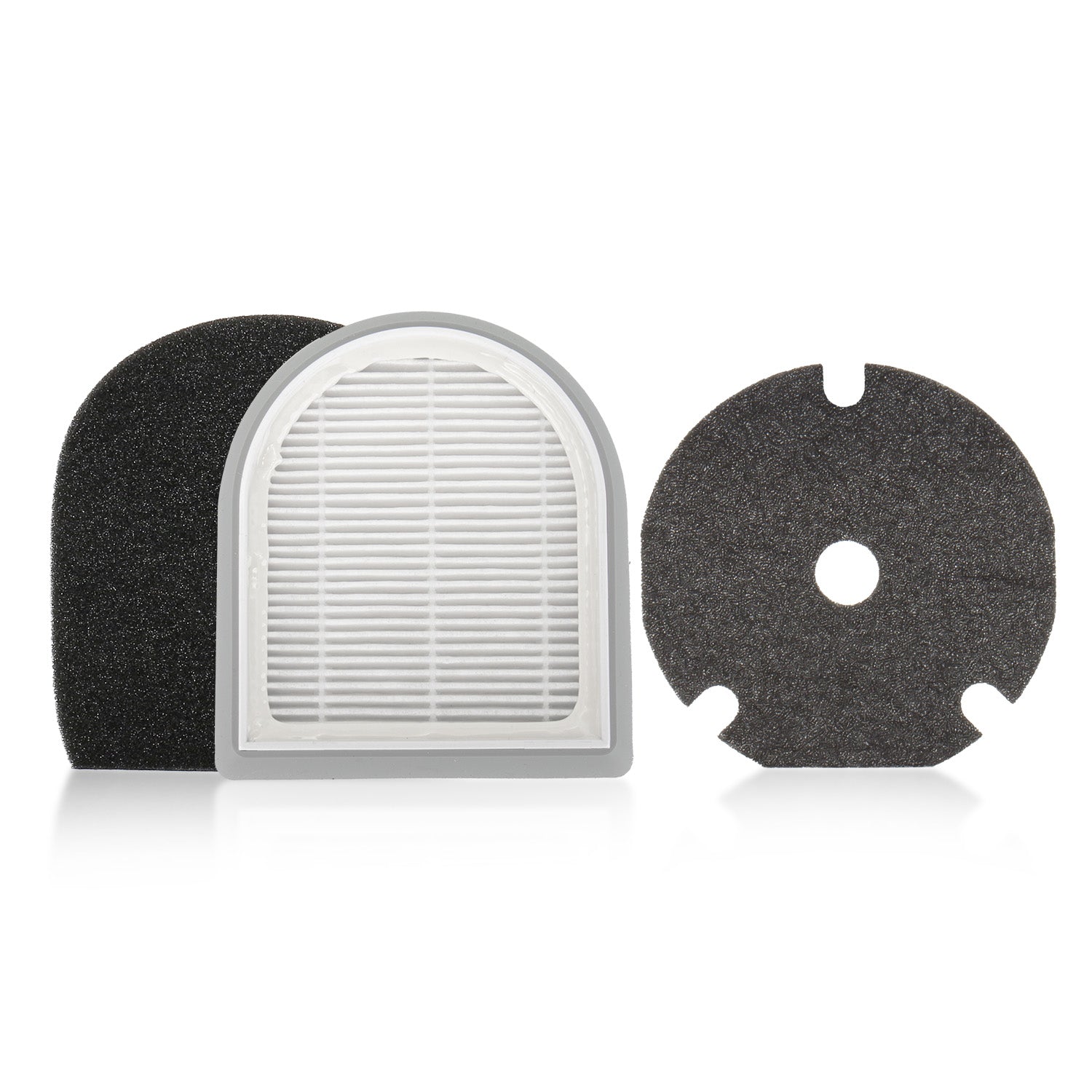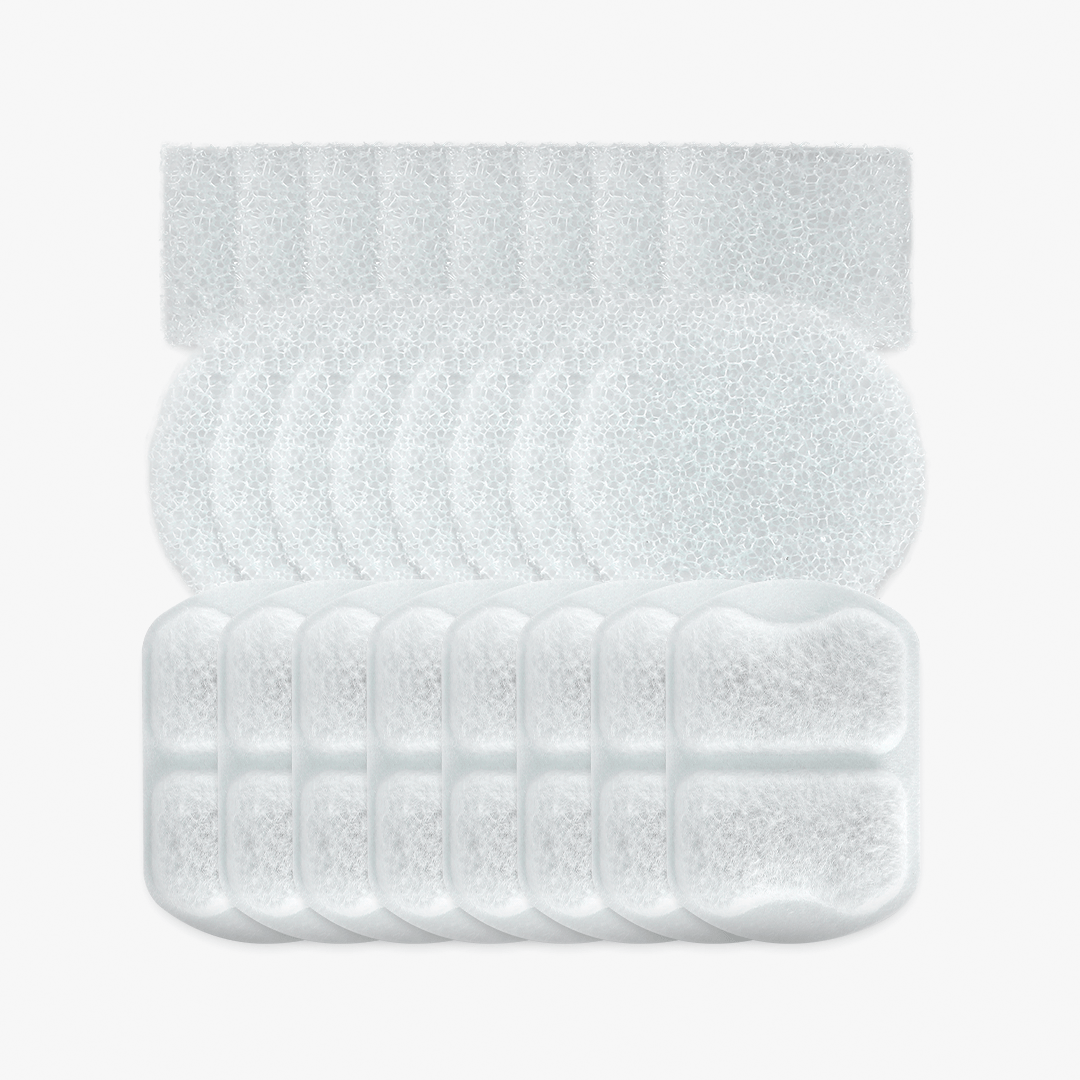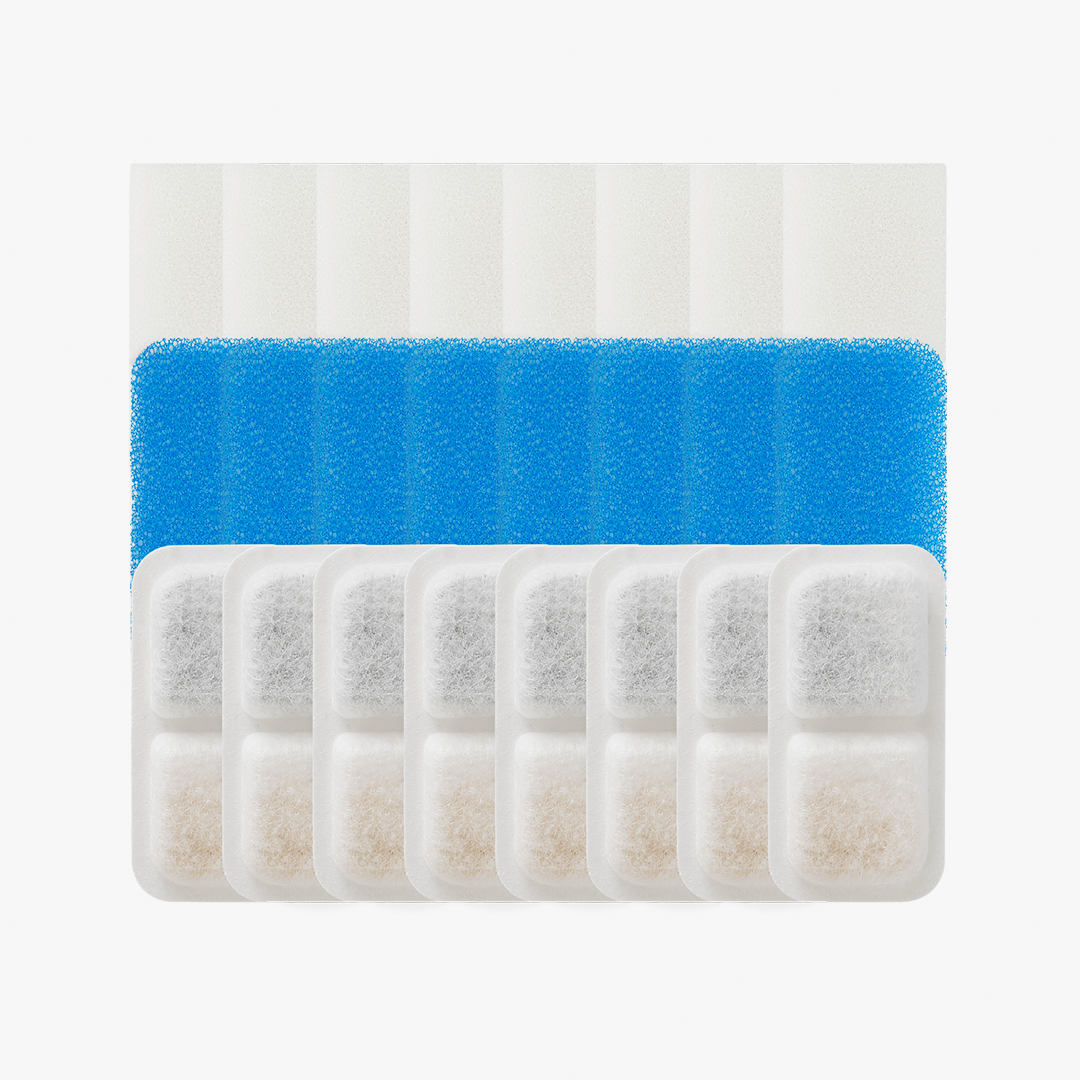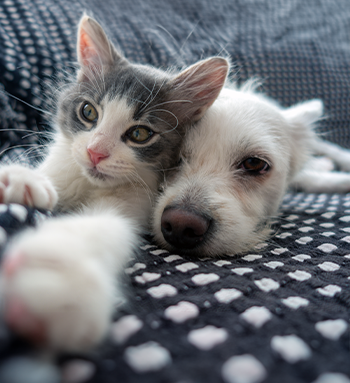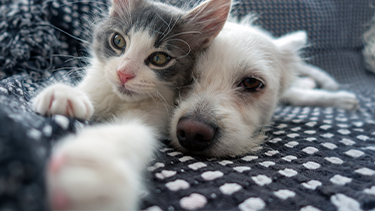Why Groomed Your Dogs In The Winter Is So Important?

With winter just around the corner, Maybe you will considering the impact this will have on your dog’s grooming routine.
Although popular belief is that dogs don’t need grooming as often in the winter, it’s just as important to groom them during this time as any other time of the year, particularly if they spend a lot of time outdoors.
In this blog, we’re answering the most frequently asked questions on winter grooming, so you can aid in looking after your dogs during the winter months.
Do dogs need grooming in winter?
When it comes to your furry friend, whether they're spending more time indoors during the winter or enjoying the great outdoors year-round, grooming remains essential. A professional pet grooming vacuum is essential.
While some might think it's a good idea to let a dog's fur grow out during the winter to keep them warm, this can actually do more harm than good. Allowing your dog's hair to grow too long without regular grooming can lead to uncomfortable mats and tangles, which, in turn, can result in skin irritations and infections. So, it's best to maintain a regular grooming routine and establish a brushing habit for your dogs.
Keeping your dog well-groomed and maintaining a shorter coat during the winter has several benefits. It not only makes your dog's coat more manageable but also makes keeping them clean much easier. Breeds like Border Collies, Huskies, and Golden Retrievers, known for their soft undercoat and dense outer coat, especially benefit from regular grooming. These breeds love the outdoors, and grooming helps remove loose, shedding fur and prevents mats and tangles.
If a dog's undercoat becomes severely matted and tangled, it can't effectively regulate its body temperature, making them more susceptible to hypothermia. Additionally, complex mats and tangles can lead to skin problems and discomfort. Regular brushing is the key to preventing these issues, no matter the season.
To keep your dog's coat in top shape during the winter, consider using a slicker brush for long-haired breeds. It's great for maintaining the top coat and removing loose hair. For double-coated breeds, a de-shedding brush is a useful tool as it reaches down to the undercoat, effectively removing loose or dead hair.
Does dog hair grow faster in the winter?
The seasons impact the speed of growth of a dog’s coat. The longer daylight hours stimulate fur growth in the lighter summer months, so hair grows faster than in the colder, darker months.
However, this doesn’t mean that dog owners should reduce their dog’s appointments during winter. A regular trim can help to maintain the coat and prevent it from becoming overgrown and tangled.
Here are some other reasons you should encourage winter grooming:
1. Bathing, brushing and moisturising help to eliminate mats and tangles. Regular grooming can help you keep unruly mats and tangles under control.
2. A dog’s nails wear down less in the winter as the ground is softer, and they spend more time indoors. By keeping up with regular grooming appointments, you can keep the dog’s nails under control to prevent them from becoming uncomfortable, snapping or splitting.
3. As the hair between the pads continues to grow, it can collect snow, dirt and chemicals from de-icers, making it painful for a dog to walk and exposing them to ingestion of toxic chemicals. Advise you to wash their dog’s feet after winter walks to prevent pain and discomfort, then trim the foot hair during grooming to eliminate further problems.
4. Artificial heat can cause a dog’s skin to dry out and flake, so it’s important that grooming are kept up so you can monitor the condition of its skin, which can easily be cared for with a gentle moisturising shampoo and conditioner. Regular grooming removes dead skin and spreads natural oils throughout the coat. Winter grooming prevents dry skin from cracking.
How often should you wash your dog in winter?
How often a dog needs bathing during winter depends on its lifestyle and coat type. If a dog spends a lot of time outdoors, it may require more frequent bathing to eliminate dirt and bacteria from its coat.
You could also bathing before grooming with a gentle shampoo and conditioner to help maintain the coat and skin and eliminate odours.
To minimise the frequency of bathing and grooming, encourage you to do the following after outdoor winter walks:
1. Fully dry their dog’s coat when they come home from a walk.
2. Brush their dog frequently to prevent mats and tangles.
3. Bathe them only when necessary with a good moisturising shampoo and conditioner to prevent the skin from drying.
Do dogs get cold when you shave them in the winter?
A dog regulates its temperature very differently from a human, with heat leaving its body through panting, the pads of its feet and nose.
However, this doesn’t mean shaving its fur is safe. Double-coated dogs, in particular, have a difficult time with a shaved coat. Shaving a double-coated dog down to its undercoat prevents cool air from getting to its skin, as the undercoat still acts as an insulator, working hard to keep it warm. This can also be detrimental in the summer as a shaved coat exposes the dog’s skin to the sun and increases the risk of it overheating.
Shaving a double-coated dog can also mean that its hair doesn’t grow back correctly and that its undercoat doesn’t insulate it properly. In the case of double-coated dogs, establish a proper grooming routine between appointments to prevent the undercoat from tangling and offer regularly scheduled appointments to keep its coat trimmed correctly.
If they spend a lot of time outdoors in the winter, double-coated breeds need their undercoat to be kept healthy and intact, which they rely on to keep them warm in colder weather.
If a dog’s coat is matted and tangled beyond repair, shaving may be your only option to help restore it to health and prevent skin allergies and irritations from developing. However, this should only be used as a last resort for double-coated breeds. If you’ve shaved a single-coated breed in the winter and notice that it shivers, you may suggest that your client has a dog coat to keep them warm while out.
Why dog grooming is so important in the winter:
As with any other time of year, a dog needs to be groomed in the wintertime to keep its coat healthy and free from tangles and mats.
Winter grooming also keeps a dog’s nails intact, preventing pain and discomfort.
With a regular grooming routine that includes daily drying, brushing, and occasional bathing helps keep their dogs looking great and feeling happy throughout the winter months.


















